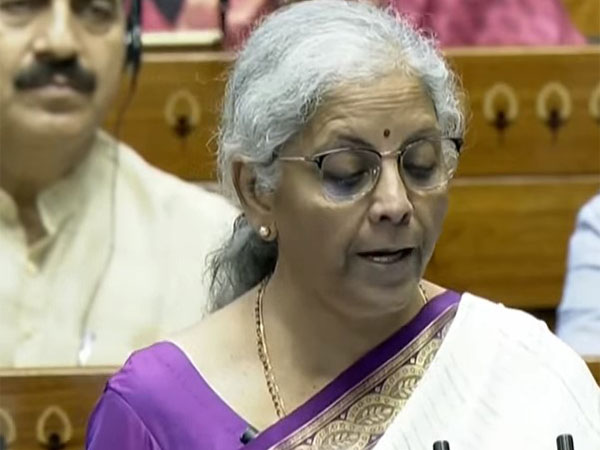Union Budget 2024-25: Rs 10 Lakh Crore Invested in PM Awas Yojana Urban 2.0
Finance Minister Nirmala Sitharaman announced an investment of Rs 10 lakh crore for PM Awas Yojana Urban 2.0, focusing on affordable housing for urban poor and middle-class families. The budget also emphasizes transforming cities into growth hubs and enhancing urban infrastructure with support from state governments and multilateral banks.

- Country:
- India
In a significant move to address urban housing needs, Finance Minister Nirmala Sitharaman announced a Rs 10 lakh crore investment under the PM Awas Yojana Urban 2.0 while presenting the Union Budget for the fiscal year 2024-25 in Parliament on Tuesday. The initiative aims to provide affordable housing to 1 crore urban poor and middle-class families, including central assistance of Rs 2.2 lakh crore in the next five years.
This extensive funding is geared towards fulfilling the housing requirements of urban poor and middle-class families, ensuring affordable housing becomes accessible to many. Sitharaman highlighted the government's dedication to transforming cities into economic growth hubs through coordinated economic and transit planning.
"Working with states, our government will facilitate the development of cities as growth hubs. This will be achieved through economic and transit planning and orderly development of peri-urban areas utilizing town planning schemes," she stated. The budget also outlines transit-oriented development plans for 14 large cities with populations exceeding 30 lakh.
FM Sitharaman added, "Transit-oriented development plans for 14 large cities with populations above 30 lakh will be formulated, along with an implementation and financing strategy. A provision of inter-subsidy to facilitate loans at affordable rates is also envisaged." The government also plans to enhance the rental housing market through transparent practices.
"Transparent rental housing markets with enhanced availability will also be put in place," she noted. Additionally, residential housing with dormitory-type accommodation for industrial workers will be facilitated in PPP mode with Viability Gap Funding (VGF) support and commitments from Anker Industries. Reforms in the shipping industry ownership, leasing, and flagging are also on the agenda to boost the Indian shipping industry's share and generate employment.
The budget underscores a collaborative approach with state governments and multilateral development banks to promote urban infrastructure projects. Sitharaman announced, "In partnership with state governments and multilateral development banks, we will promote water supply, sewage treatments, and solid waste management projects for 100 large cities through bankable projects."
Furthering the success of the PM Swanidhi scheme that has benefited street vendors, the government plans to develop 100 weekly haats or street food hubs in select cities each year over the next five years. "Building on the success of the PM Swanidhi scheme, our government envisions supporting the development of 100 weekly haats or street food hubs in select cities annually for the next five years," she stated.
To support the housing sector, Sitharaman urged states to lower high stamp duty rates. "We will encourage states that continue to charge high stamp duty rates to moderate them and consider further reductions for properties purchased by women," she concluded.
(With inputs from agencies.)










